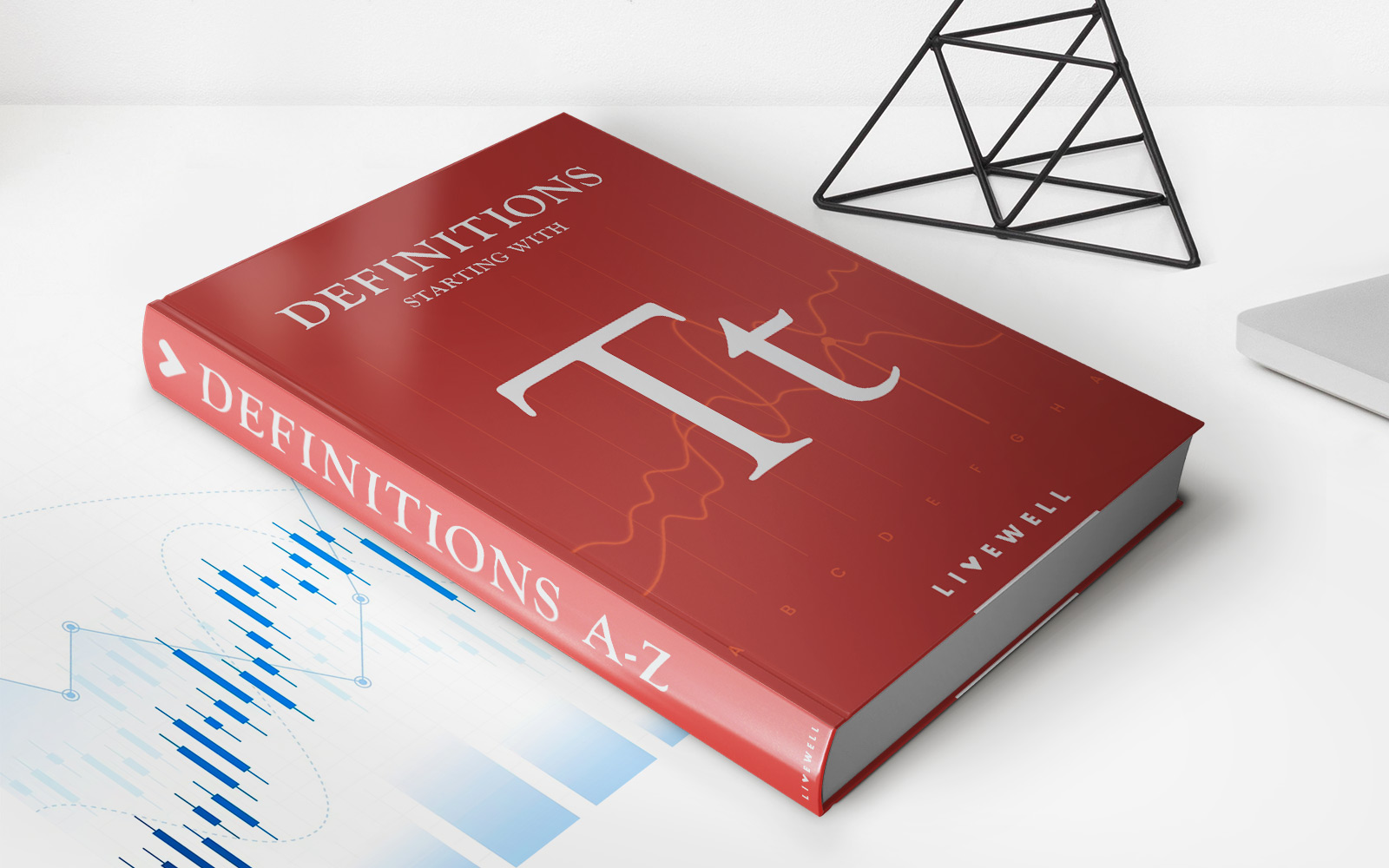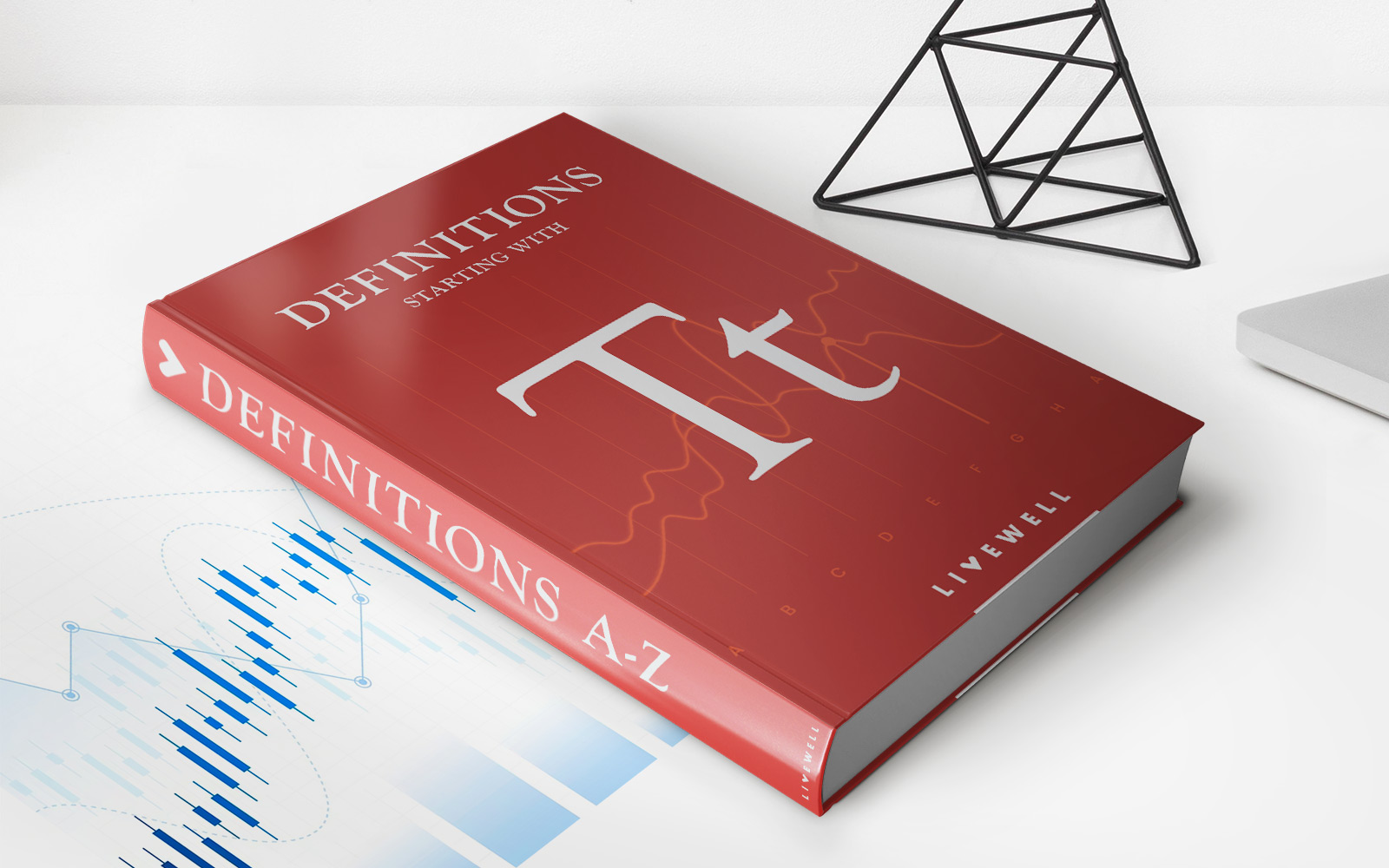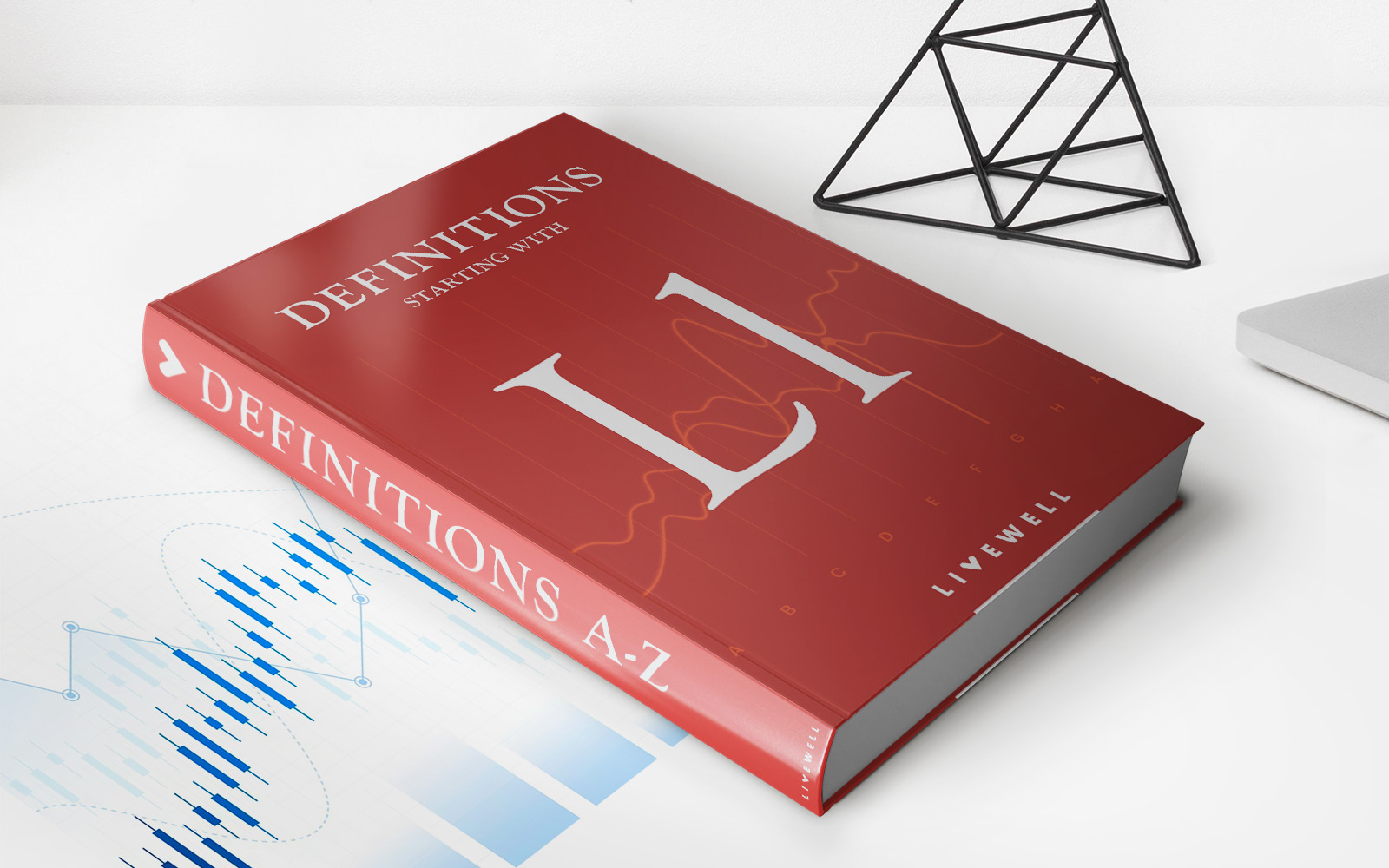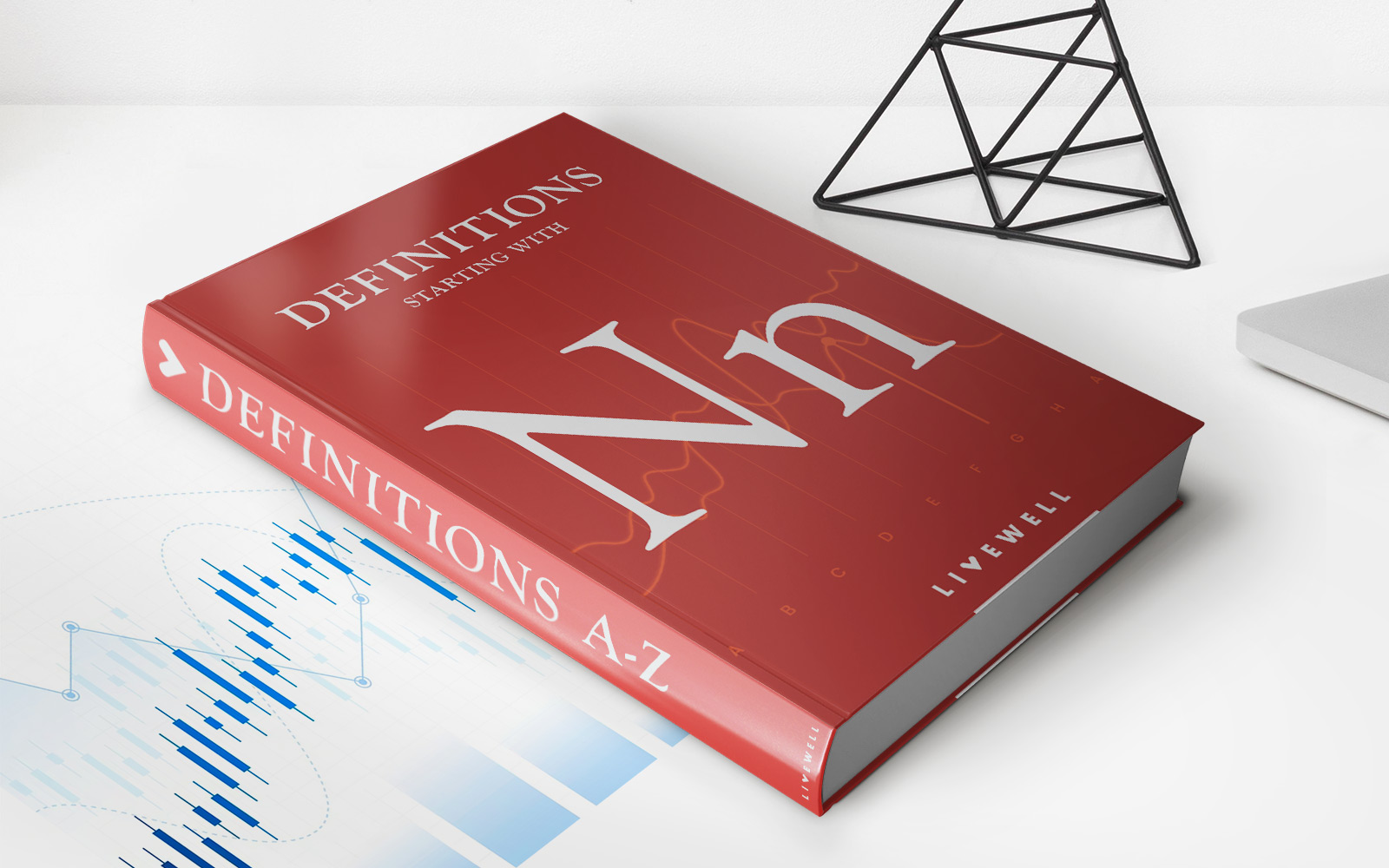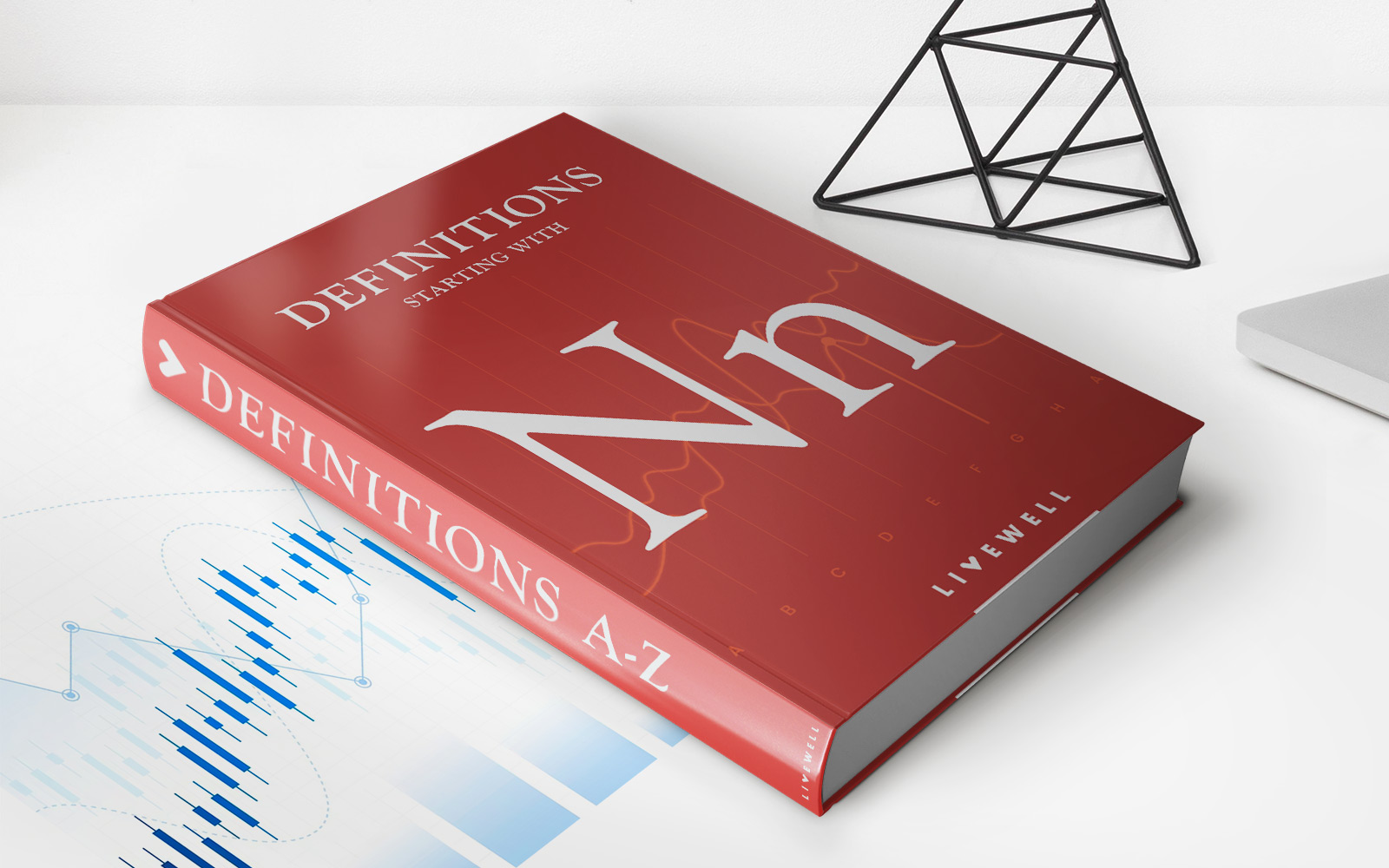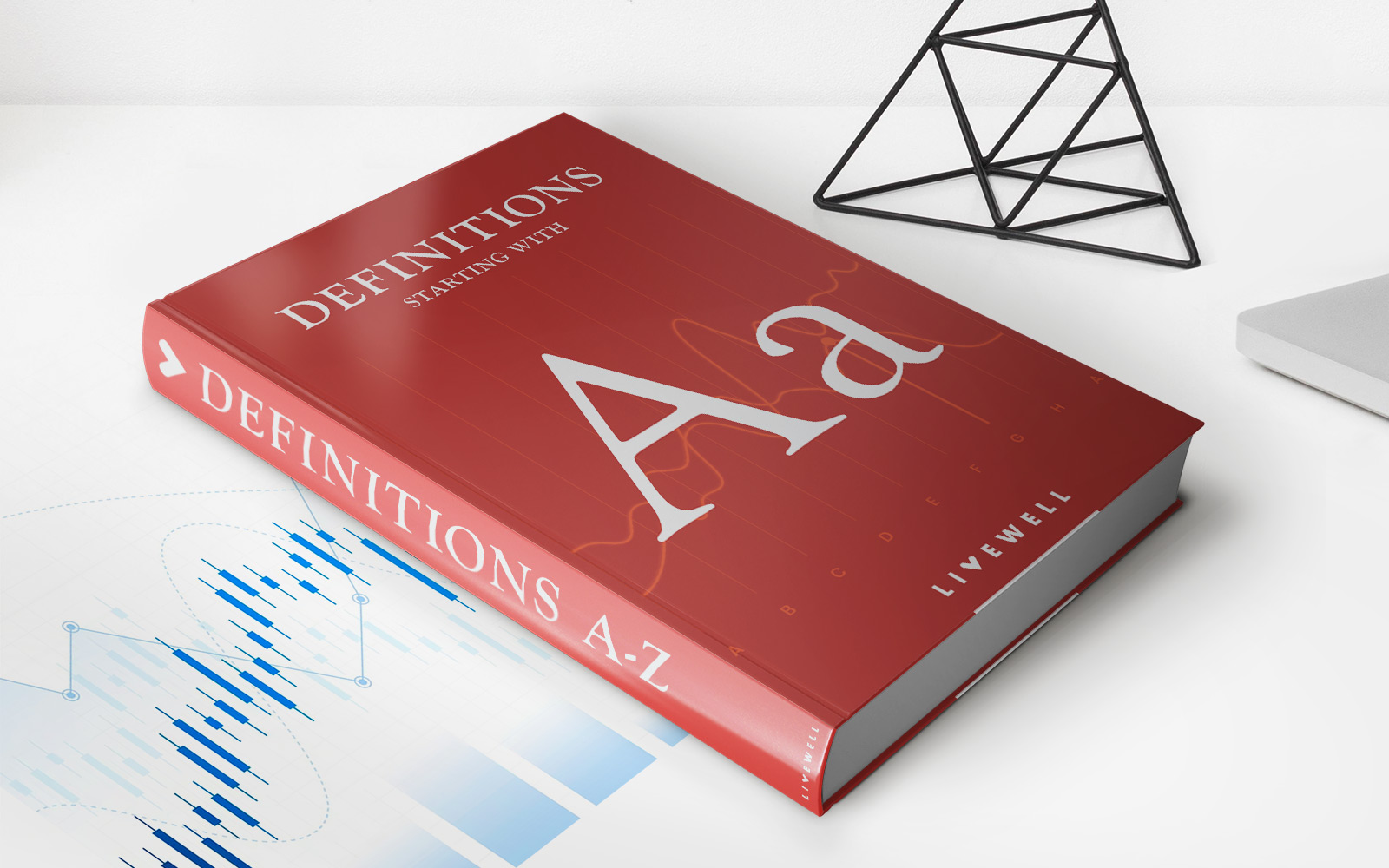Home>Finance>Special Warranty Deed: Definition, Use, Vs. General Warranty Deed


Finance
Special Warranty Deed: Definition, Use, Vs. General Warranty Deed
Published: January 31, 2024
Learn the definition and use of a Special Warranty Deed vs. a General Warranty Deed in the world of finance. Choose the right type of deed for your property transfer.
(Many of the links in this article redirect to a specific reviewed product. Your purchase of these products through affiliate links helps to generate commission for LiveWell, at no extra cost. Learn more)
Understanding Special Warranty Deeds: A Guide to Protecting Your Real Estate Investment
Have you recently invested in real estate or are thinking about doing so? It’s essential to understand the different types of deeds you may encounter. One such deed is the Special Warranty Deed, a legal document that provides certain protections for both buyers and sellers in a real estate transaction. In this blog post, we will delve into the definition and use of a Special Warranty Deed, and distinguish it from a General Warranty Deed.
Key Takeaways:
- A Special Warranty Deed guarantees that the seller will defend the title against any claims during their period of ownership, but not against claims that existed before they acquired the property.
- A General Warranty Deed provides more extensive protection, as it assures the buyer that the property is free from all defects, even those that predate the seller’s ownership.
What is a Special Warranty Deed?
A Special Warranty Deed is a legal document that transfers ownership of a property from a seller (grantor) to a buyer (grantee) while providing limited guarantees against any defects in the title. With a Special Warranty Deed, the seller promises to defend the title against any claims that may have arisen during their period of ownership.
However, it’s important to note that a Special Warranty Deed only protects the buyer from claims that arose during the time the seller owned the property. It does not extend to claims that existed before the seller acquired the property. In essence, the seller is guaranteeing that they have not done anything to impair the title during their ownership, but they are not responsible for any claims or issues that existed prior to their ownership.
When is a Special Warranty Deed Used?
Special Warranty Deeds are commonly used in real estate transactions where the seller does not want to assume full responsibility for any title defects that may have occurred before their ownership. Some situations where a Special Warranty Deed may be utilized include:
- Commercial property transactions: In commercial real estate deals, Special Warranty Deeds are often used to shift some of the risk associated with title defects from the seller to the buyer.
- Bank-owned properties: When a property is owned by a bank or financial institution due to foreclosure, a Special Warranty Deed may be used to limit the seller’s liability.
It’s important for buyers to carefully review the terms of a Special Warranty Deed and conduct a thorough title search before completing a real estate transaction. This will provide greater assurance of the property’s history and any potential claims that may arise.
Special Warranty Deed vs. General Warranty Deed: What’s the Difference?
While a Special Warranty Deed offers limited protection for buyers, it is crucial to understand how it differs from a General Warranty Deed.
A General Warranty Deed provides the highest level of protection for buyers, as it guarantees that the title is free from defects. With a General Warranty Deed, the seller is responsible for defending the title against any claims, whether they arose during their ownership or before. This type of deed provides buyers with greater peace of mind, as they are protected from any unforeseen issues that may arise.
In Conclusion
When engaging in a real estate transaction, it’s important to understand the type of deed being used and the level of protection it offers. A Special Warranty Deed is a valuable tool that can protect both buyers and sellers from unforeseen claims during a transaction.
Remember these key takeaways:
- A Special Warranty Deed guarantees protection against any claims that arose during the seller’s period of ownership, but not against claims that existed before.
- A General Warranty Deed provides more extensive protection, covering not only claims during the seller’s ownership but also claims that predate it.
By familiarizing yourself with the different types of deeds and their implications, you can make informed decisions and safeguard your real estate investment.




